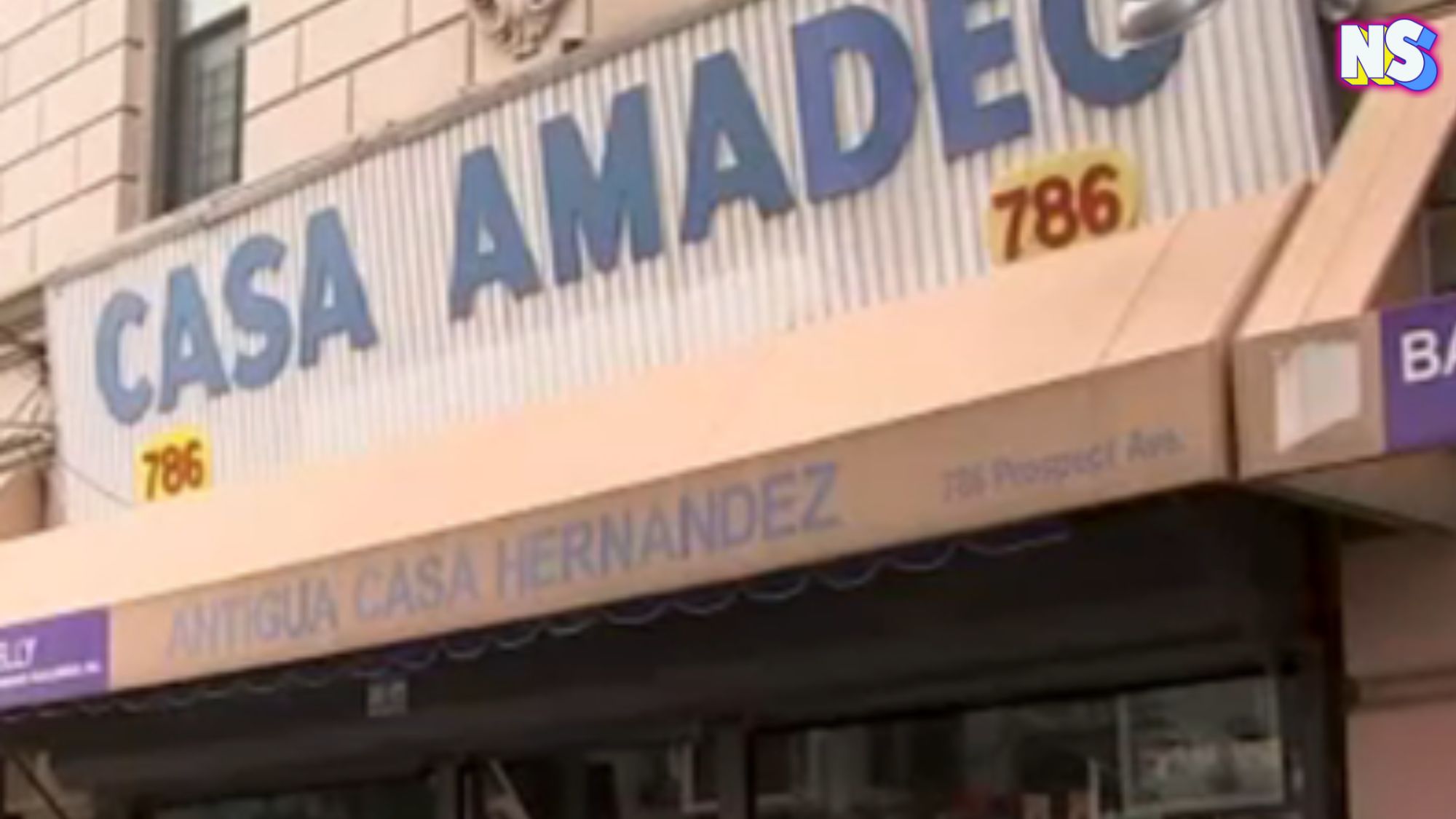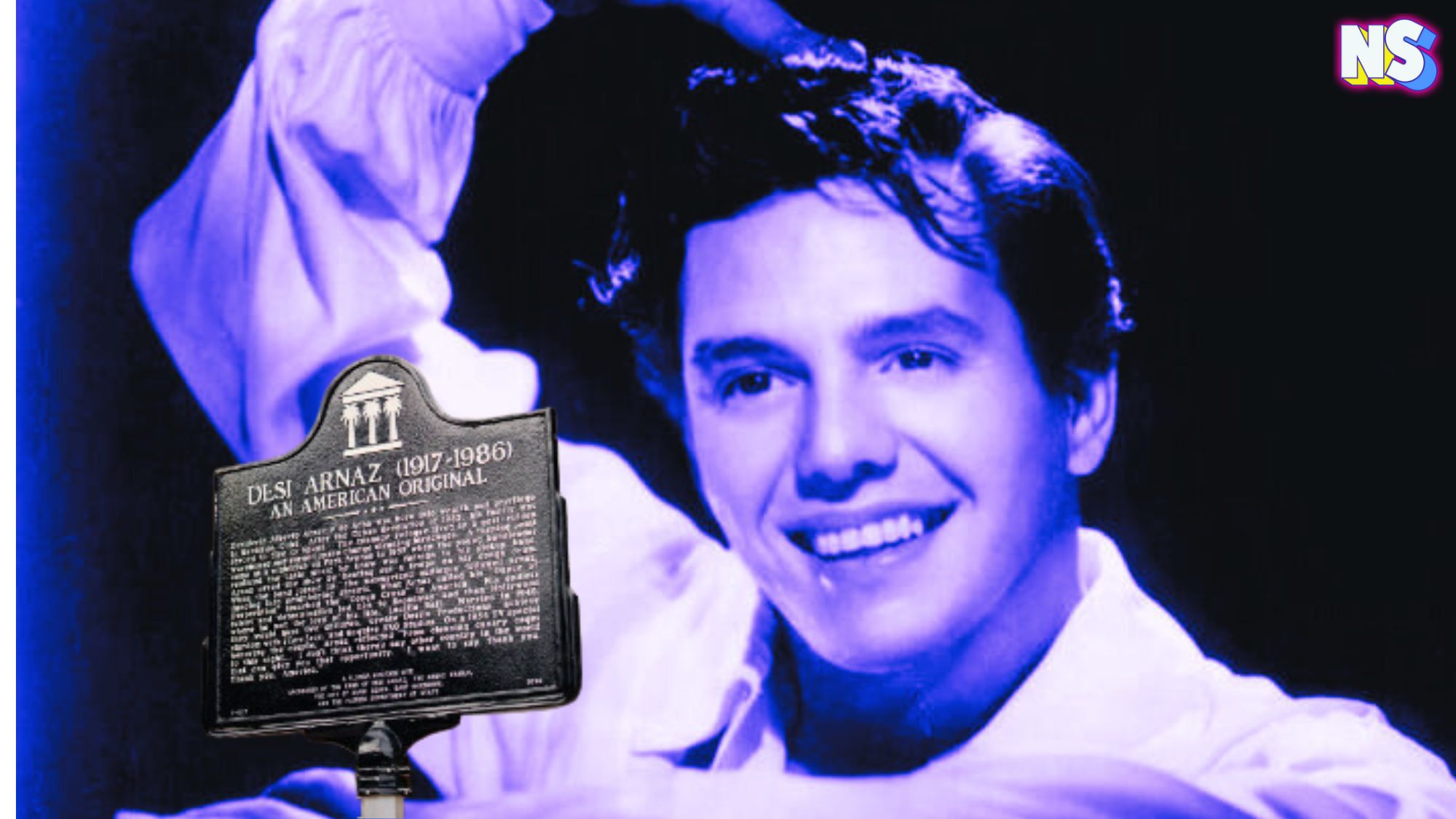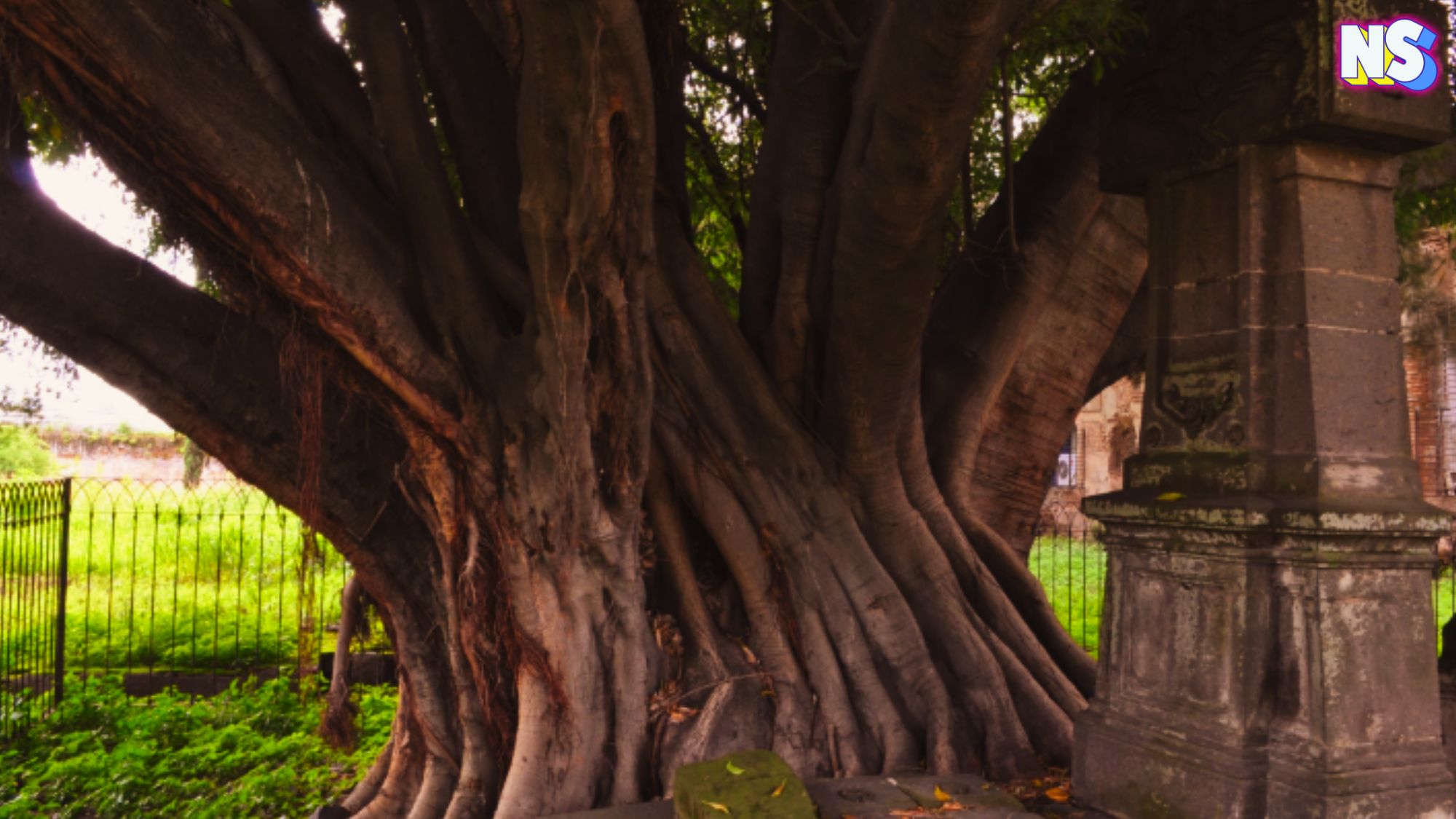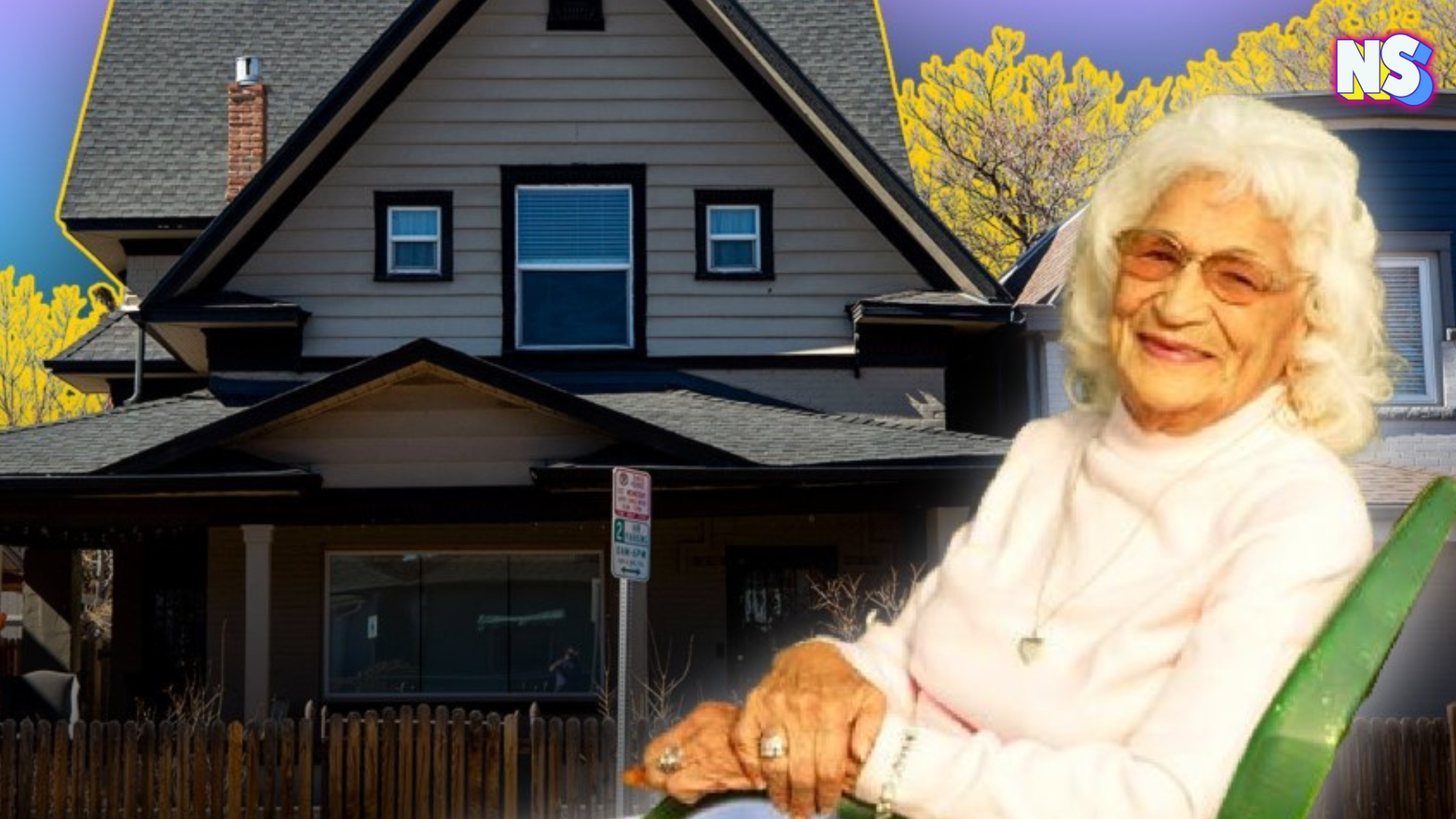In the South Bronx, where cultures intertwine and music is everywhere, there’s a historic treasure around the corner, a place where Latin melodies find their home. It’s Casa Amadeo, once known as Casa Hernández, a historic cultural music hub in the South Bronx in New York City.
“While a long list of area businesses have come and gone, Casa Amadeo, owned by Puerto Rican musician Miguel Angel ‘Mike’ Amadeo, is the oldest continuously run music store in New York City,” New York’s Tourism Board explains. “Amadeo bought it in 1969, renamed it and has run it ever since.”
Casa Amadeo has long served as a cultural hub for the Latin music community, offering a wide selection of records, CDs, and musical instruments, as well as hosting live performances, workshops, and other events.
And its roots go back to a Latina entrepreneur with a dream.
The Roots of Casa Amadeo
“The music store now known as Casa Amadeo opened as Casa Hernández in the Bronx, New York, just prior to the large post-World War II Puerto Rican migration to New York City,” the National Park Service explains.
In 1927, Puerto Rican immigrant and entrepreneur Victoria Hernández founded the modest music store known as Casa Hernández in honor of her brother, one of Latin America’s greatest composers, Rafael Hernández.
Her vision was simple yet profound: to create a haven for Latin music enthusiasts like her brother. She wanted a place where rhythms could flourish, and melodies could weave stories of love, joy, and resilience. She infused the store with her family’s musical legacy.
“ … the store supported her family and gave Rafael time to write music—he would become one of the most prolific and well-known composers in Latin America,” the National Park Service writes. “In November 1939 Victoria and Rafael sold Almacenes Hernández to Luis Cuevas, a record producer from Puerto Rico.”
In 1941, the brother and sister opened a second Casa Hernandez music store, where Casa Amadeo now sits.
A Cultural Hub for Latin Music
Over the years, Casa Hernández evolved into more than just a store; it became a cultural hub. Musicians, collectors, and curious souls flocked to its shelves, seeking solace in the crackling notes of vinyl records. Here, salsa, merengue, bolero, and Latin jazz coexisted. Casa Hernández hosted live performances, workshops, and spirited discussions, fostering a sense of community among music lovers.
In 1969, the torch passed to Miguel Angel “Mike” Amadeo, who transformed into Casa Amadeo. The name change was more than cosmetic; it signified a new era. Amadeo, the son of popular Puerto Rican composer Titi Amadeo, welcomed artists, poets, and dreamers into his sanctuary. By the way, Amadeo is also a proud musician.
“I’m a composer. I have over 300 recordings of my music,” Amadeo recently told Good Morning America.
Casa Amadeo’s shelves overflow with treasures. Vinyl records, CDs, and musical instruments adorn the space. The store’s extensive collection spans genres — salsa for dancing, bolero for romance, merengue for celebration, and Latin jazz for contemplation. Each record holds a story — a story the store's owner is happy to share.
“So many people come into the store and don't realize that Amadeo is much more than just a small business owner,” New York station ABC7 reports. “For decades he composed songs recorded by some of the biggest names in Latin music, like Celia Cruz, El Gran Combo, Tito Mieves.”
Legends and Rising Stars
Casa Amadeo wasn’t merely a store; it was a pilgrimage site for musicians. Tito Puente, Celia Cruz, and Eddie Palmieri graced its threshold, leaving their mark on the worn wooden floors. They didn’t just shop; they shared anecdotes, jammed with fellow artists, and found inspiration amid the records. Amadeo’s smile was a welcome mat, even when times were tough for his shop.
“It even survived the ‘Bronx is burning’ era , when landlords would purposefully set fire to their buildings to collect the insurance money,” Amadeo told NYC Tourism in an interview. “I dedicated my time to running this store, even when it didn’t have running water or a functioning toilet. But the community has always supported me, purchasing my inventory or just stopping by to say hi.”
As the South Bronx weathered economic challenges and urban transformations, Casa Amadeo stood firm.
The Echo of Notes
Many honor Mike Amadeo as the keeper of melodies and the guardian of music's best stories.
“These days the store feels almost like a museum. You can still find vinyl and early CDs of artists like Juan Luis Guerra, La Lupe and salsero Tito Nieves, or get a Latin music history lesson from Amadeo himself, who enjoys flipping through books that chronicle Latin music history in the US, which he keeps behind a glass case,” The New York City Tourism Board explains.
And his Casa Amadeo is famous. After all, it isn’t merely a store; it’s a testament to the power of music — the universal language that transcends borders and unites souls.
Today, the building that houses this Puerto Rican music shop sits on the National Register of Historic Places, since 2001.





